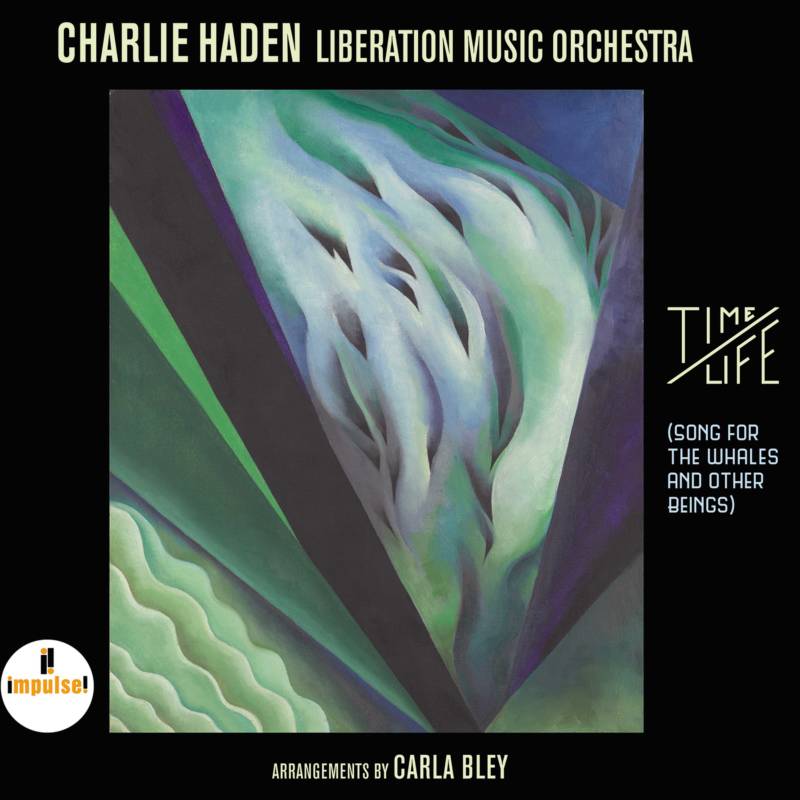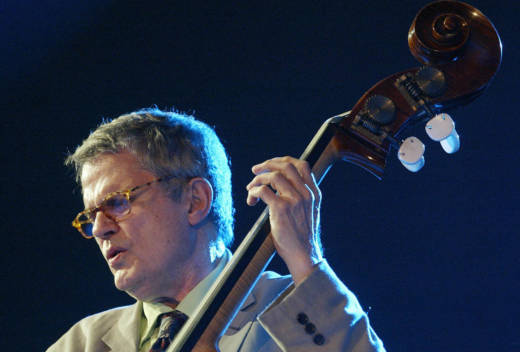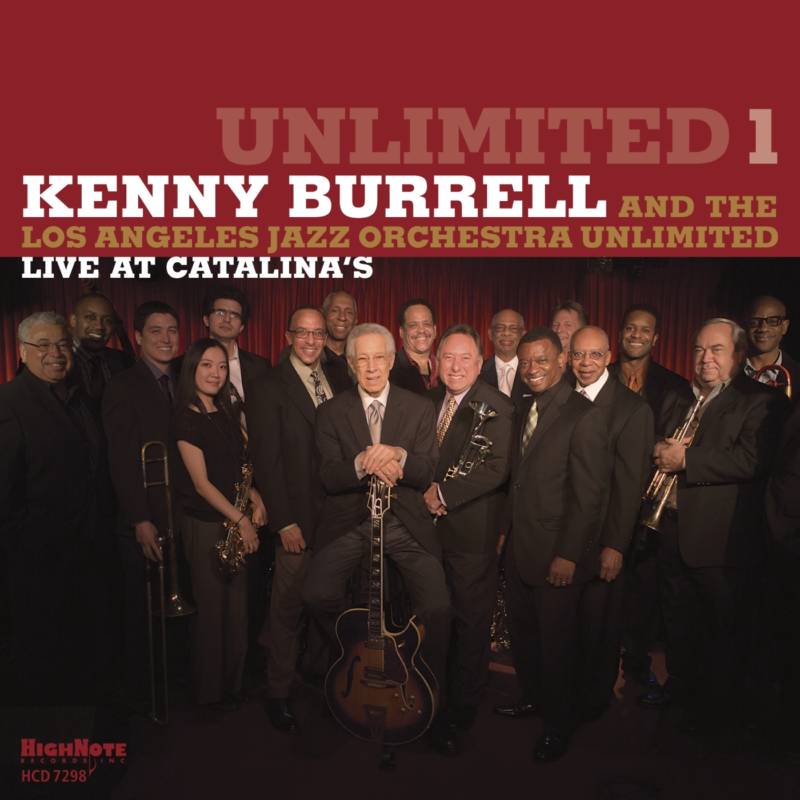Two strong new albums by Southern California-based jazz masters explore some of their abiding passions and concerns. The latest posthumous release by bass legend Charlie Haden, who died at the age of 76 in 2014, is a gorgeous and deeply melancholy outing on the Impulse! label by his 12-piece Liberation Music Orchestra, “Time/Life (Songs for the Whales and Other Beings)."

Liberation Music Orchestra albums are kind of like the Halley’s Comet of jazz, blazing across the scene infrequently and appearing as a harbinger of catastrophe. Haden had already helped change the face of jazz through his work with the epochal Ornette Coleman quartet when he released his first album as a leader in 1969, “Liberation Music Orchestra,” a collaboration with pianist, composer and arranger Carla Bley, one of the great creative partnerships in American music. Every decade or so since then, they’ve teamed up for another LMO project, timing that coincided with the advent of Republican presidencies (Haden was an outspoken leftist).
The first CD I ever reviewed for The California Report was the last LMO release, 2005’s “Not In Our Name,” the bassist’s response to the war in Iraq, and many of the same musicians from that memorable session return for this outing (the band’s fifth release).
Inspired by Haden’s commitment to environmentalism, "Time/Life" opens with Bley’s sumptuous arrangement of Miles Davis’ “Blue in Green” and closes with Haden’s epic “Song for the Whales,” which keys on an eerie, keening arco solo by the bassist that evokes the cries of the aquatic mammals. Those tracks were recorded in concert in Belgium in 2011, while Bley recorded the three central pieces after Haden’s death with the same exceptional cast (and her longtime partner Steve Swallow on bass).

